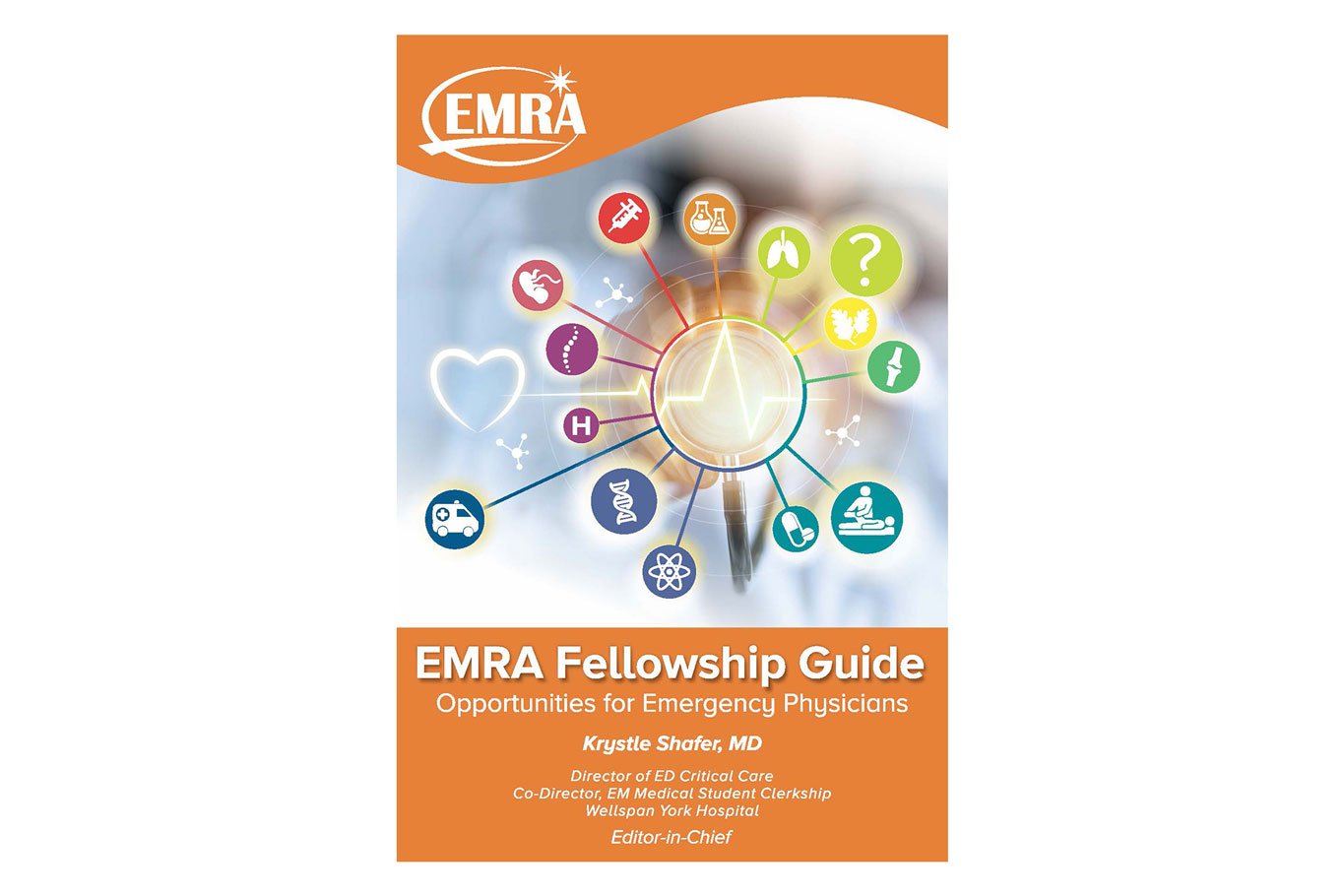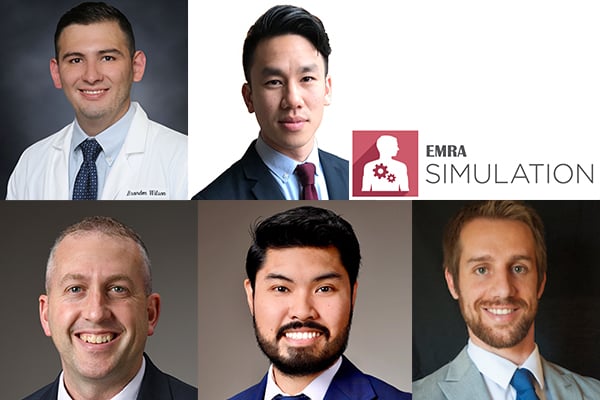Simulation Committee
Simulation Leaders

Chair
Elizabeth Yim, MD

Chair-Elect
Kyle Cohen, DO, NRP

Vice Chair
Danier Ong, MD

Vice Chair
Allison Smith, MD

Simulation Liaisons
SimWars Liaison: Chana Rich, Brown University, PGY3
Public Relations: Alex Tran, Brown University, MSIII
Why Simulation?
Medical Simulation is widely becoming an important part of medical education and has become a popular fellowship among EM graduates. EMRA members who enjoy simulation, are involved in simulation either at the medical student or residency level, and/or want to pursue further education in simulation are encouraged to join the EMRA Simulation Division. Much has been accomplished since our first meeting at ACEP13. The division, led by a great team of resident and student leaders, is working hard to enhance member knowledge of medical simulation by providing access to various sim resources as well as increase member involvement through publication and volunteer opportunities.
Current Initiatives
- Monthly newsletter - emailed through Basecamp and archived on our site (see below)
- If you do not receive an emailed version of the newsletter, we encourage you to join the division. Please go to the EMRA Division page.
- Simulation Resources
- Establish a Medical Student Simulation Program
- Establish a Case Bank to be shared among EMRA members
- Produce Simulation Guides to help sim enthusiasts perfect their skills in both the clinical and simulation arenas (i.e. debriefing, how to approach a case, etc.)
- Compile a list of available domestic and international Simulation Fellowships
- Provide opportunities to increase Member Involvement
Joining EMRA Committees is easy and FREE.
Just log into your EMRA account, scan the QR code, or click the JOIN NOW button for the one(s) you wish to join.
EMRA Committees are all hosted on WhatsApp to help facilitate communication and collaboration in the smoothest way possible.

EMRA Fellowship Guide
Chapter 23 Simulation Fellowship
Medical simulation is an educational technique that can bridge gaps in traditional education and training approaches through the safe, structured fostering of medical knowledge, decision-making, procedural skills, teamwork, and communication. Health care simulation as a specialty is guided by 4 main purposes: education, assessment, research, and patient safety. Simulation can be as extensive as virtual reality surgical simulators for fine technical skills, computer-based avatars and virtual patients for decision-making skills, or as straightforward as using actors with standardized patients for communication skills. A key component of this method of teaching is to promote a safe learning environment where technical and non-technical clinical skills can be taught, assessed, and reviewed with participants in order for them to apply the lessons learned and skills acquired to real patient care.
Monthly Simulation Committee Newsletters (Archive)
External Simulation Articles
Related Content










